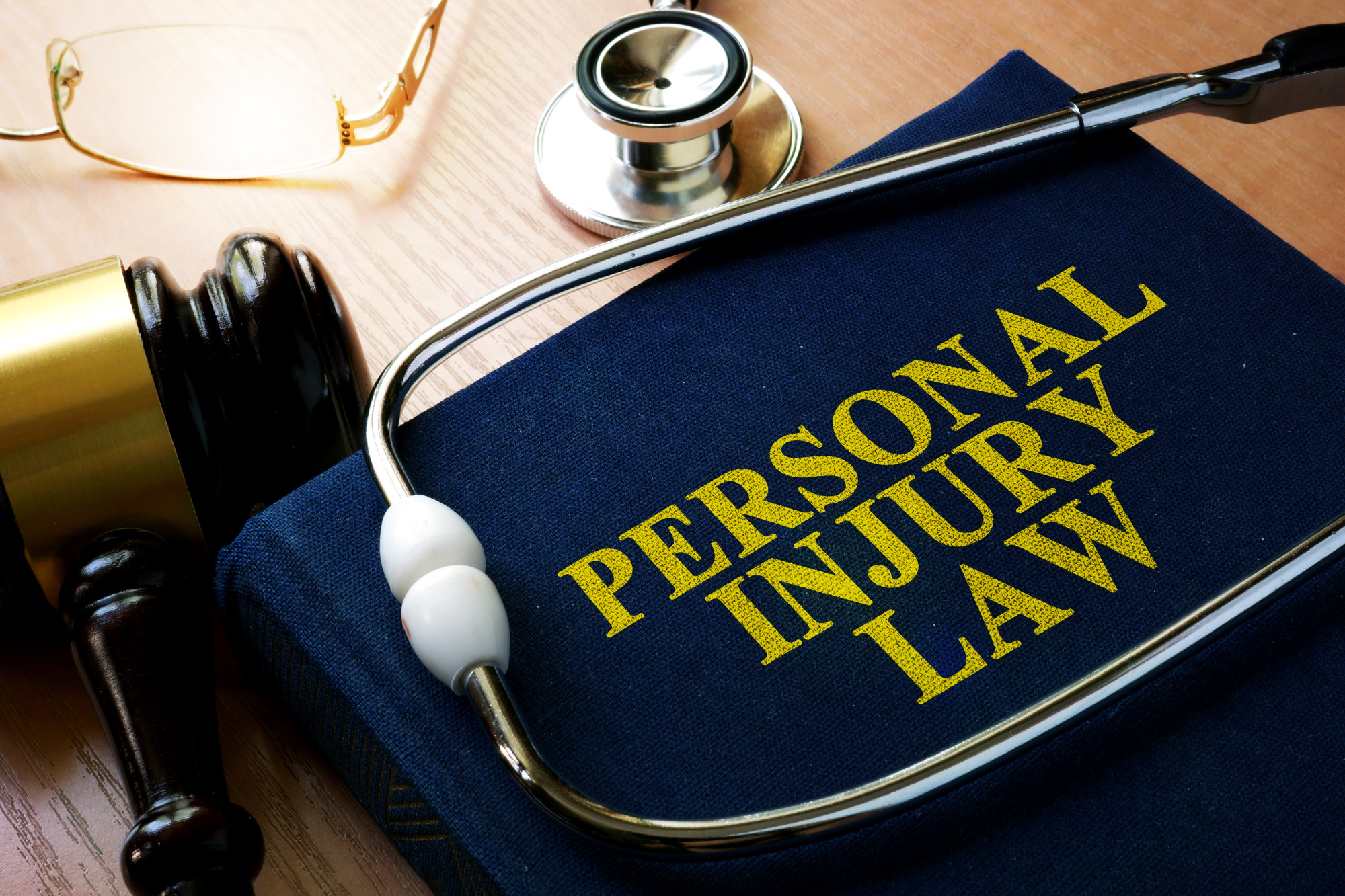Truck accidents are among the most devastating incidents on the road. The sheer size and weight of commercial trucks make them formidable forces in collisions, often resulting in severe injuries and substantial property damage. In the aftermath of such accidents, seeking compensation for damages becomes paramount.
However, navigating the legal landscape surrounding truck accident claims can be complex and daunting. In this comprehensive guide, we delve into the key aspects of seeking compensation for damages in truck accident cases, providing valuable insights and actionable advice.
Understanding the Legal Framework
Before delving into the intricacies of seeking compensation, it’s crucial to understand the legal framework governing truck accident cases. These claims typically fall under personal injury law, which encompasses a broad range of legal remedies for individuals who have suffered Indianapolis truck accident injuries due to the negligence or wrongful conduct of others.
Key Elements of a Truck Accident Claim
- Duty of Care – Truck drivers and trucking companies have a legal obligation to operate their vehicles in a safe and responsible manner, ensuring the safety of other motorists and pedestrians on the road.
- Breach of Duty – If a truck driver or company fails to uphold this duty of care—by engaging in reckless driving, violating traffic laws, or neglecting maintenance protocols—they may be deemed negligent.
- Causation – The negligent actions of the truck driver or company must be directly responsible for the accident and resulting damages.
- Damages – In order to seek compensation, the victim must have suffered actual damages, which can include medical expenses, lost income, property damage, and pain and suffering.
Steps to Take After a Truck Accident
In the immediate aftermath of a truck accident, it’s essential to prioritize safety and take proactive steps to protect your well-being and legal rights.
1. Seek Medical Attention
Your health and safety are paramount. Even if you believe your injuries are minor, it’s crucial to seek medical attention promptly. Some injuries may not manifest symptoms immediately, and a medical evaluation can identify underlying issues and document your injuries for future legal proceedings.
2. Contact Law Enforcement
Report the accident to the police and cooperate fully with their investigation. A police report can serve as valuable evidence when pursuing a compensation claim.
3. Gather Evidence
Document the scene of the accident by taking photographs or videos. Obtain contact information from the truck driver, witnesses, and any other parties involved. Additionally, preserve any relevant documents, such as medical records, repair estimates, and correspondence with insurance companies.
4. Avoid Making Statements
Be cautious when communicating with insurance adjusters or representatives from the trucking company. Refrain from admitting fault or providing recorded statements without consulting with a legal professional.
Seeking Legal Representation
Navigating the legal complexities of a truck accident claim requires expertise and experience. Enlisting the services of a knowledgeable personal injury attorney can significantly enhance your chances of obtaining fair compensation for your damages.
Benefits of Hiring an Attorney
- Legal Expertise – A seasoned attorney can assess the unique circumstances of your case, identify liable parties, and formulate a strategic legal approach.
- Negotiation Skills – Attorneys are adept at negotiating with insurance companies and defense counsel to secure maximum compensation on behalf of their clients.
- Litigation Experience – In the event that a settlement cannot be reached, an attorney can represent you in court and advocate vigorously for your rights during trial proceedings.
Determining Liability in Truck Accident Cases
Establishing liability is a crucial aspect of pursuing compensation for damages in truck accident cases. Liability may extend beyond the truck driver to encompass other parties, such as the trucking company, vehicle manufacturers, or maintenance providers.
Common Factors Contributing to Truck Accidents
- Driver Fatigue – Truck driver fatigue is a prevalent issue in the industry, often stemming from long hours on the road and inadequate rest breaks.
- Distracted Driving – Distractions such as texting, phone calls, or in-cab electronics can impair a truck driver’s ability to operate their vehicle safely.
- Improper Maintenance – Neglecting routine maintenance tasks or failing to address mechanical issues can lead to equipment failures and accidents.
- Violation of Regulations – Trucking companies and drivers are subject to strict regulations governing aspects such as hours of service, load limits, and vehicle maintenance. Violations of these regulations can contribute to accidents and may indicate liability.
Evaluating Damages and Compensation
The compensation available in truck accident cases can vary widely depending on the nature and extent of the damages suffered by the victim.
Types of Damages
- Medical Expenses – This includes costs associated with hospitalization, surgery, medication, rehabilitation, and ongoing medical care.
- Lost Income – Victims may be entitled to compensation for wages lost due to their injuries, including both current and future earnings.
- Property Damage – Damages to your vehicle or other property as a result of the accident may be recoverable through a compensation claim.
- Pain and Suffering – Non-economic damages such as physical pain, emotional distress, and loss of enjoyment of life are also compensable in many jurisdictions.
The Importance of Timely Action
In the aftermath of a truck accident, time is of the essence. Promptly initiating legal proceedings and adhering to statutory deadlines can significantly impact the outcome of your case.
Statute of Limitations
Each state imposes a statute of limitations, which dictates the timeframe within which legal action must be initiated. Failing to file a lawsuit within the applicable statute of limitations can bar you from seeking compensation for your damages.
Conclusion
Truck accidents can have devastating consequences, but understanding your rights and legal options is essential for pursuing compensation and rebuilding your life in the aftermath of such an event.
By following the steps outlined in this guide and seeking guidance from a qualified attorney, you can navigate the complexities of the legal system with confidence and secure the compensation you deserve for your injuries and losses. Remember, you don’t have to face this journey alone—help is available to guide you every step of the way.







